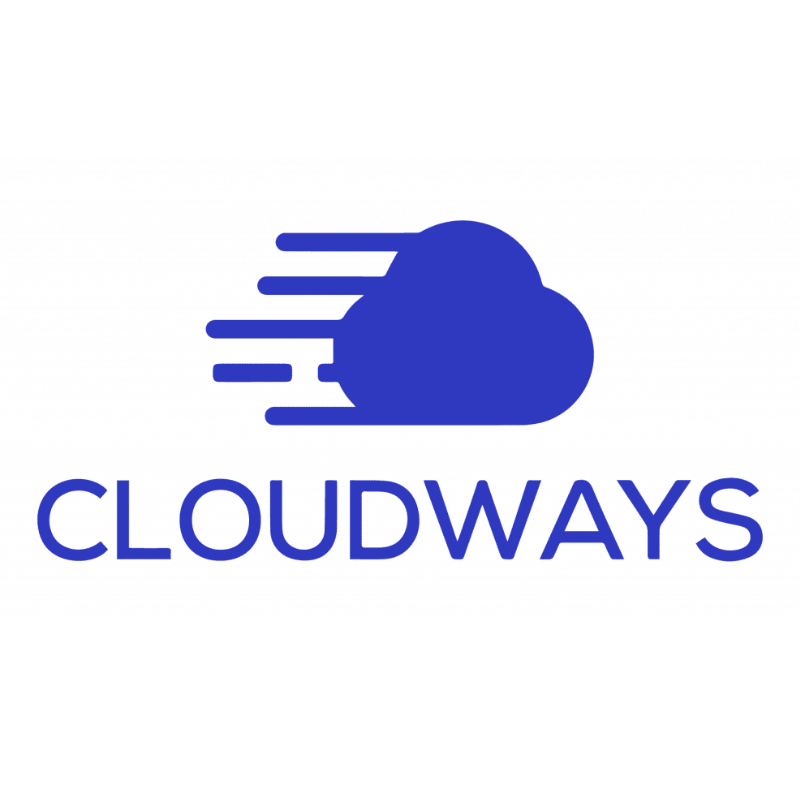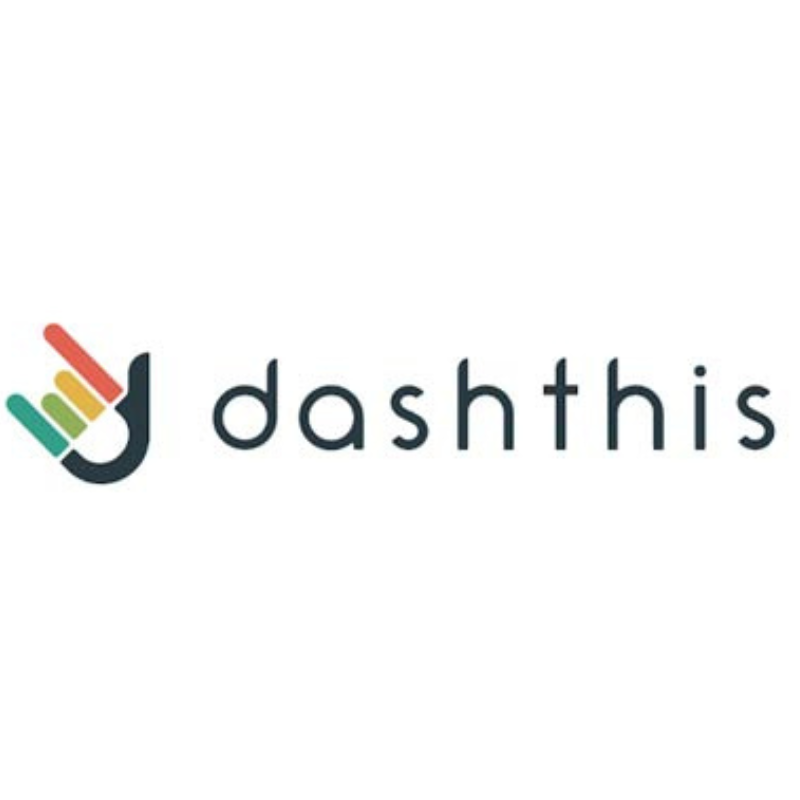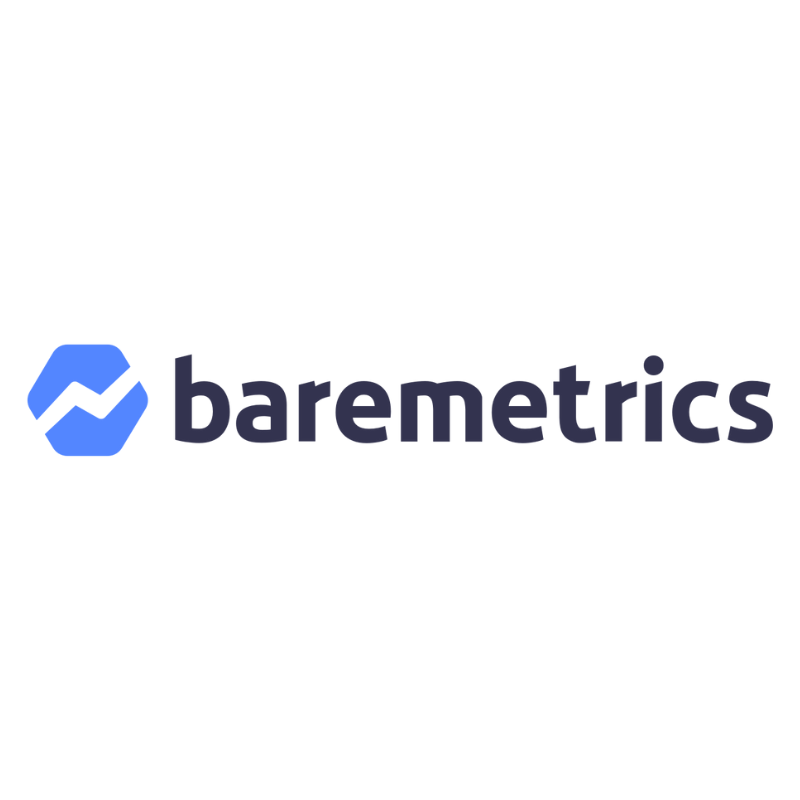FAQ'sFrequently Asked Questions about Homebrew
Who are Homebrew?
Homebrew is an open-source package management system designed for macOS and Linux. It simplifies the process of installing, updating, and managing software packages on these operating systems.
What are Homebrews products?
Homebrew primarily offers a package manager that allows users to easily install and manage software packages from the command line. Additionally, it provides a repository of formulae (instructions for installing software) that users can leverage to access various applications and tools.
What services do Homebrew offer?
Homebrews primary service is the management of software packages. It enables users to install, update, and uninstall applications and libraries through simple command-line commands. Homebrew also offers support for cask installations, which allow users to install GUI applications.
What type of companies do Homebrews products suit?
Homebrew is suitable for individual developers, software engineers, and companies in tech-focused industries that require a reliable and efficient way to manage software dependencies and installations on macOS and Linux systems.
How much does Homebrews product cost?
Homebrew is free to use as it is an open-source project. There are no licensing fees associated with its installation or usage.
Does Homebrew offer a free trial?
As Homebrew is an open-source tool, there is no trial period needed; users can access and utilise the software freely without any upfront costs.
What discounts does Homebrew offer on their products?
Homebrew does not offer discounts as it is a free, open-source product and does not have any pricing structure.
Are there any hidden fees or additional costs with Homebrew?
There are no hidden fees or additional costs associated with using Homebrew. It is entirely free to download and utilise.
Who uses Homebrews products?
Homebrew is used by developers, system administrators, and technology enthusiasts who require a straightforward method for managing software installations on their macOS or Linux systems.
What are the main features of Homebrews products/services?
- Simple command-line interface for package management.
- Support for a wide variety of software packages.
- Automatic dependency resolution.
- Ability to create and manage custom formulae.
- Support for installing GUI applications via Homebrew Cask.
How does Homebrew compare to its competitors?
Homebrew is often compared to package managers like MacPorts and Fink. Homebrew is generally considered more user-friendly and has a larger repository of available packages. It also integrates well with the macOS ecosystem, making it a preferred choice among macOS users.
Is Homebrews platform easy to use?
Yes, Homebrew is designed to be easy to use, with a straightforward command-line interface that allows users to quickly install and manage software with simple commands.
How easy is it to set up Homebrews product or service?
Setting up Homebrew is relatively easy. Users can install it by running a single command in the terminal. Detailed installation instructions are available on the official Homebrew website.
Is Homebrew reliable?
Homebrew is widely regarded as reliable by its user community. It is actively maintained, and its open-source nature allows users to contribute to its development and report issues.
Does Homebrew offer customer support?
Homebrew does not provide formal customer support. However, users can access community support through forums, GitHub issues, and documentation available on the Homebrew website.
How secure is HomebrewÕs platform?
Homebrew takes security seriously and implements measures to ensure package integrity. Users can verify the authenticity of packages, and the open-source nature allows for community scrutiny of the code.
Does Homebrew integrate with other tools or platforms?
Homebrew integrates well with other command-line tools and utilities commonly used on macOS and Linux. Many developers use it in conjunction with version control systems like Git and development environments.
Can I use Homebrew on mobile devices?
Homebrew is not designed for mobile devices. It is primarily intended for use on macOS and Linux operating systems via the command line.
What do users say about Homebrew?
Users generally praise Homebrew for its simplicity, ease of use, and extensive repository of software. Feedback indicates that it significantly streamlines the software installation process for developers.
What are the pros and cons of Homebrew?
- Pros: Free to use, easy to install, large repository of software, active community support.
- Cons: Lacks formal customer support, primarily command-line based which may not be suitable for all users.
How can I purchase HomebrewÕs services?
Homebrew is free and does not require purchasing. Users can simply download and install it from the official website.
What is the cancellation or refund policy for Homebrew?
As Homebrew is a free, open-source product, there is no cancellation or refund policy applicable.
Who uses Homebrew?
Homebrew is used by individual developers, IT professionals, and educational institutions that require a reliable package management system for macOS and Linux environments.
What are the common use cases for Homebrew?
Common use cases include managing development environments, installing programming languages, libraries, and tools, and simplifying the setup of software dependencies for projects.
Why choose Homebrew over other options?
Homebrew is chosen for its ease of use, extensive package library, and strong community support. It integrates seamlessly with macOS, making it a preferred option for many users.
How easy is it to set up Homebrew?
Setting up Homebrew is straightforward; users simply need to run a provided command in their terminal. Detailed instructions are available on the official website for guidance.
Does Homebrew offer training or tutorials?
Homebrew offers extensive documentation and community resources, including tutorials on installation and usage, accessible on its official website.
What languages does Homebrew support?
Homebrew primarily supports packages and software written in various programming languages, including but not limited to Ruby, Python, Node.js, and more. It does not cater to language-specific support.
What problems does Homebrew solve?
Homebrew addresses the complexities of software installation and management on macOS and Linux, providing a simple command-line solution for users to manage software dependencies effectively.
Is Homebrew worth the investment?
As a free tool, Homebrew offers significant value for developers and IT professionals by streamlining the software installation process, making it a worthwhile addition to their development toolkit.





















Leave a Reply
You must be logged in to post a comment.